
Phil Anselmo picks five essential metal albums
As the vocalist for the seminal metal band Pantera as well as frontman for Down and various side bands, Phil Anselmo has had a hand in crafting a number of records that millions of fans would deem "essential." The singer humbly acknowledges his place in extreme music history.
“It’s flattering, it’s dynamite, and in its own way, it’s unfathomable," Anselmo says. "But the fact is, I don’t look at myself as a rock star. If somebody has a high opinion of me and what I’ve done during my career, I can only say ‘thank you.’ It’s power to the fan. Without the fans, I'm not jack shit."
Anselmo is hoping that his latest disc, Walk Through Exits Only, a solo effort but one billed as Philip H. Anselmo & The Illegals, finds a place in his fans' hearts. “The record means a lot to me," he says. "I didn't set out to make a solo record, but I was just inspired and this is how it turned out. I sat down and wrote the motherfucker by myself – just me, a guitar, an amp and a recording apparatus. Once I was done, I had to teach the parts, specifically the drums, to the guys, and they took it to a new place when they put their imprints on the songs."
The Illegals are guitarist Marzi Montazari, bassist Bennett Bartley and Jose Manuel "Blue" Gonzalez on drums. Anselmo gives high marks to the trio, signaling Montazari out as a singular talent he's wanted to work with for some time. "I've known Marzi since 1987 or '88," he says. "Actually, it was Dimebag Darrell who introduced us. Marzi and I were always talking about doing something together, but it took a while to find the right vehicle. He brought so much to this music. There's magic in his head and those two hands of his."
While gearing up for a tour with The Illegals, Anselmo took the time to talk about five metal records that he considers to be essential in his collection.
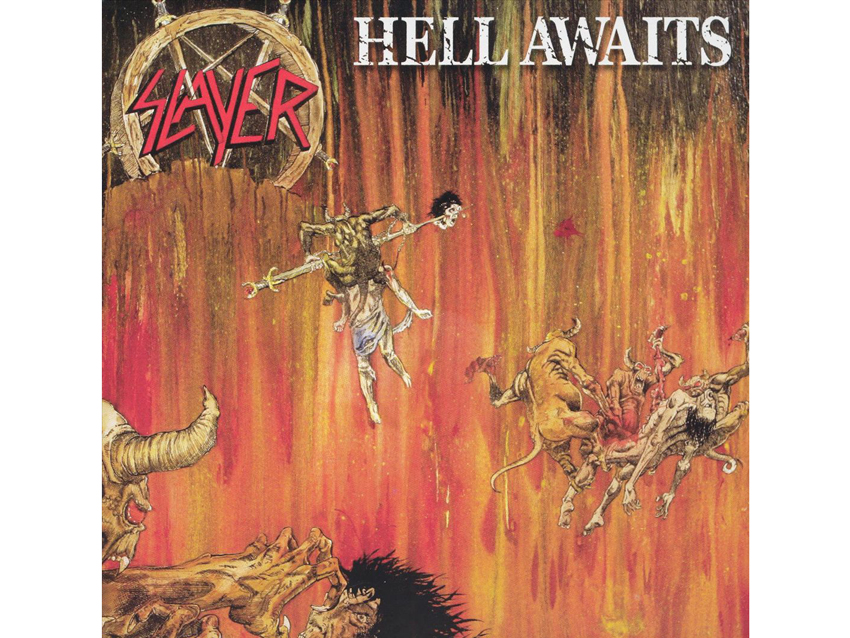
Slayer - Hell Awaits (1985)
“Growing up as a lover of songs devoted to Old Nick, so to speak, Hell Awaits was a great companion piece for the times. I’ve always loved horror films, and in my mind, Hell Awaits went right alongside Evil Dead I.
“Heavy metal production was going through a lot of phases when this record came out, and certainly Metallica’s Kill ‘Em All upped the game as far as ripping guitar tones – it was a severe sound that was still palatable for many people. Slayer had some of those same sounds, but they were Satanic and brooding, with a lot of Merciful Fate-type riffing.
“For me, Hell Awaits is an audio beating.”
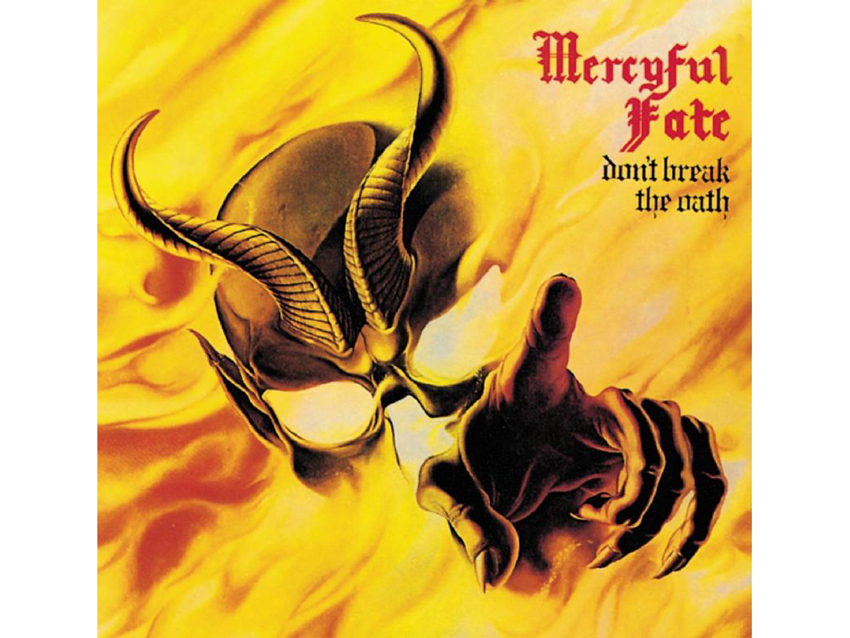
Mercyful Fate - Don't Break The Oath (1983)
“This represents the reshaping of heavy metal production and the genre going to a new level of sophistication. As metal grew, more complexities were heard from bands that became more and more accomplished and polished.
“Mercyful Fate had great song structures and enormous riffing. Surprisingly, their guitar duo [Hank Sherman, Michael Denner] was most underrated, but they probably became influential anyway.
“Of course, there’s King Diamond, one of the most unorthodox vocalists ever. He’s like an instrumental unto himself. The way he crafted his multiple harmonies, driving home that antediluvian style of Satanism, pouring out the fire and brimstone shit that you’re taught in Catholic school – it hit on all cylinders."
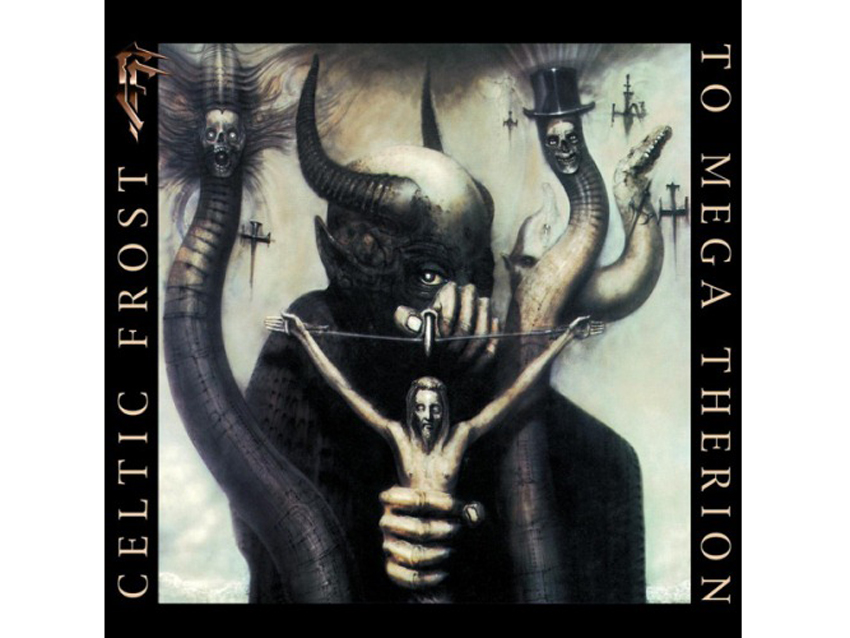
Celtic Frost - To Mega Therion (1985)
“A lot of people might pick the Morbid Tales album, and I can understand that, but To Mega Therion is a more unorthodox album, and therein lies its appeal. It’s a hard record for me to describe, because when it came out it seemed like music from another world.
“It’s raw in its approach, but it’s also so different from anything else. It created its own quasi-sophistication. A very avant-garde record for its time, but it’s still heavy as fuck, and that counts.
“It moves past your usual fire-and-brimstone Satanism and into some fanciful areas. Tom G. Warrior is a very advanced writer who’s creative with words, but I think that his unfamiliarity with the English language actually helped him here. He created a strange listen, and when you read his lyrics, it's doubly weird. Gigantic curveballs can be great, and that's what this is.”
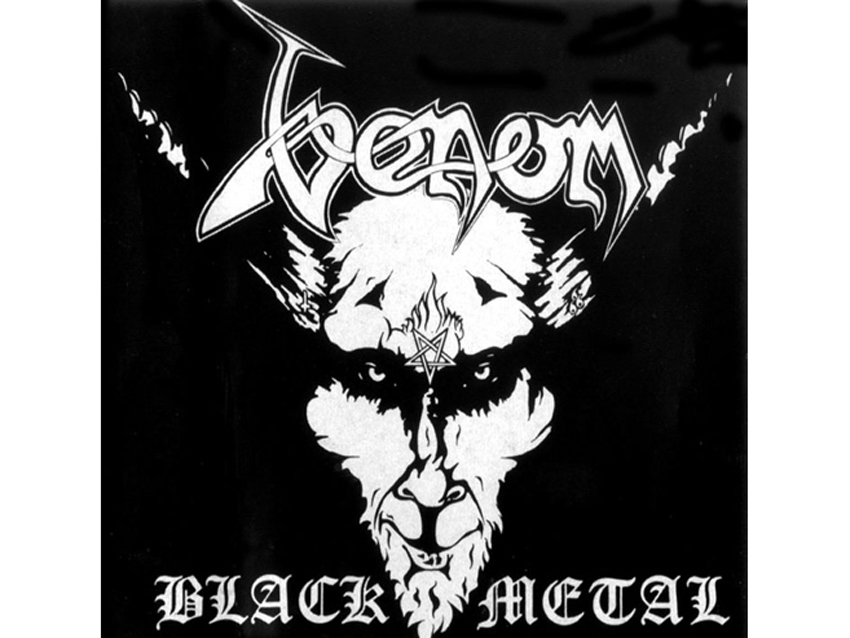
Venom - Black Metal (1982)
“There was a point in time when it was hard to deny the absolute power of Venom’s Black Metal record. The abrasive rawness of this album is still unparalleled to a large degree.
“I first bought the album for the cover alone, but the music and the words got me. I’d never heard a band sing about basic Satanism in such a pure, direct way. There’s nothing tricky about what they do, and that’s why they’re great. They nail it.
“Sonically and lyrically, the band was virtually alone when they put this out. The sound of the music and the production was hot to the needle. The first time I heard it, I felt sick inside, but it was a sickness I didn’t mind revisiting. I knew that listening to Venom was an extremely important, special experience.”
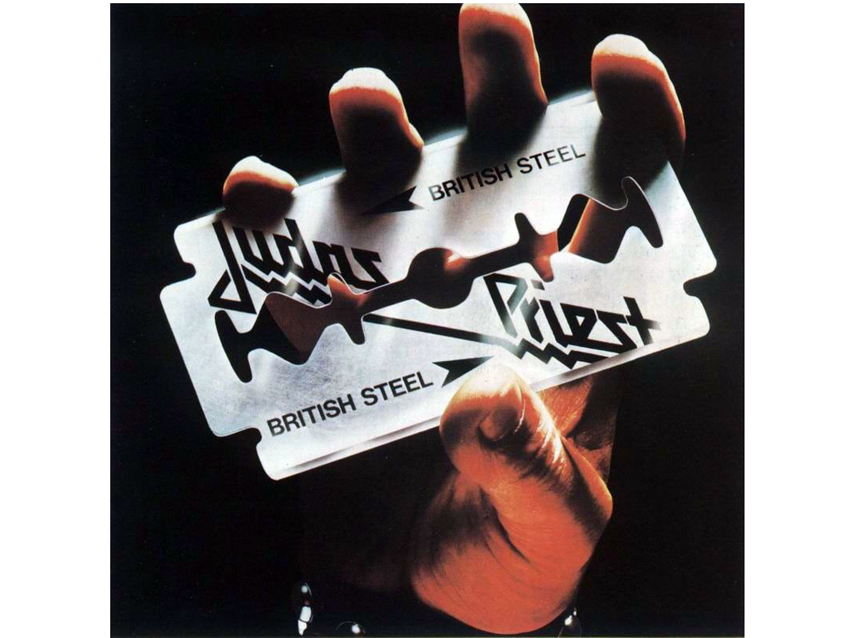
Judas Priest - British Steel (1980)
“If we’re talking true metal, British Steel is essential. A seminal heavy metal record. As far as uptempo, progressive heavy metal went, Judas Priest were alone in the ‘70s.
"I know the influences that they had – bands like Glenn Hughes’ Trapeze and what not – but they had their own ideas, and they carved their own identities as metal masters.
“The twin-guitar team of Glenn and KK is one of the greatest in the annals of the genre. Their playing on British Steel is so distinctive, so cutting and tight. It’s almost like they’re one guitarist.”
Joe is a freelance journalist who has, over the past few decades, interviewed hundreds of guitarists for Guitar World, Guitar Player, MusicRadar and Classic Rock. He is also a former editor of Guitar World, contributing writer for Guitar Aficionado and VP of A&R for Island Records. He’s an enthusiastic guitarist, but he’s nowhere near the likes of the people he interviews. Surprisingly, his skills are more suited to the drums. If you need a drummer for your Beatles tribute band, look him up.
